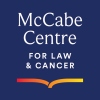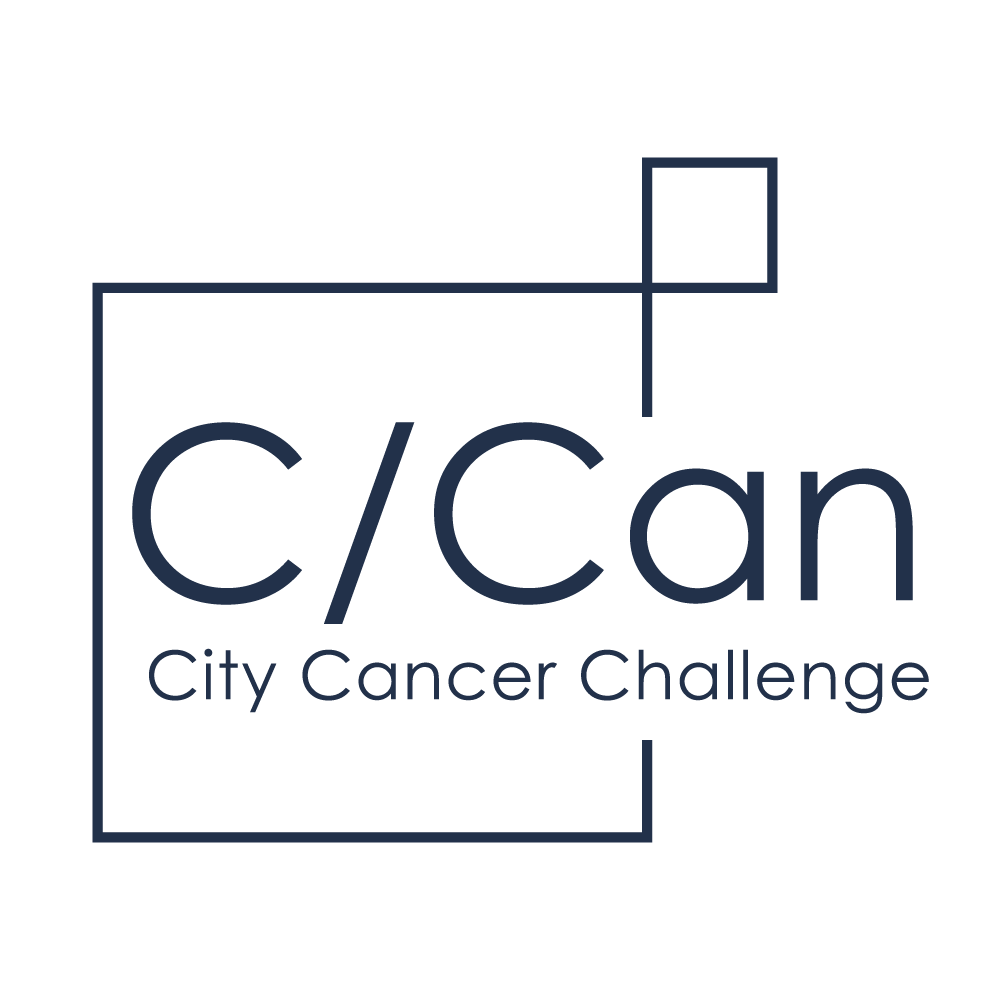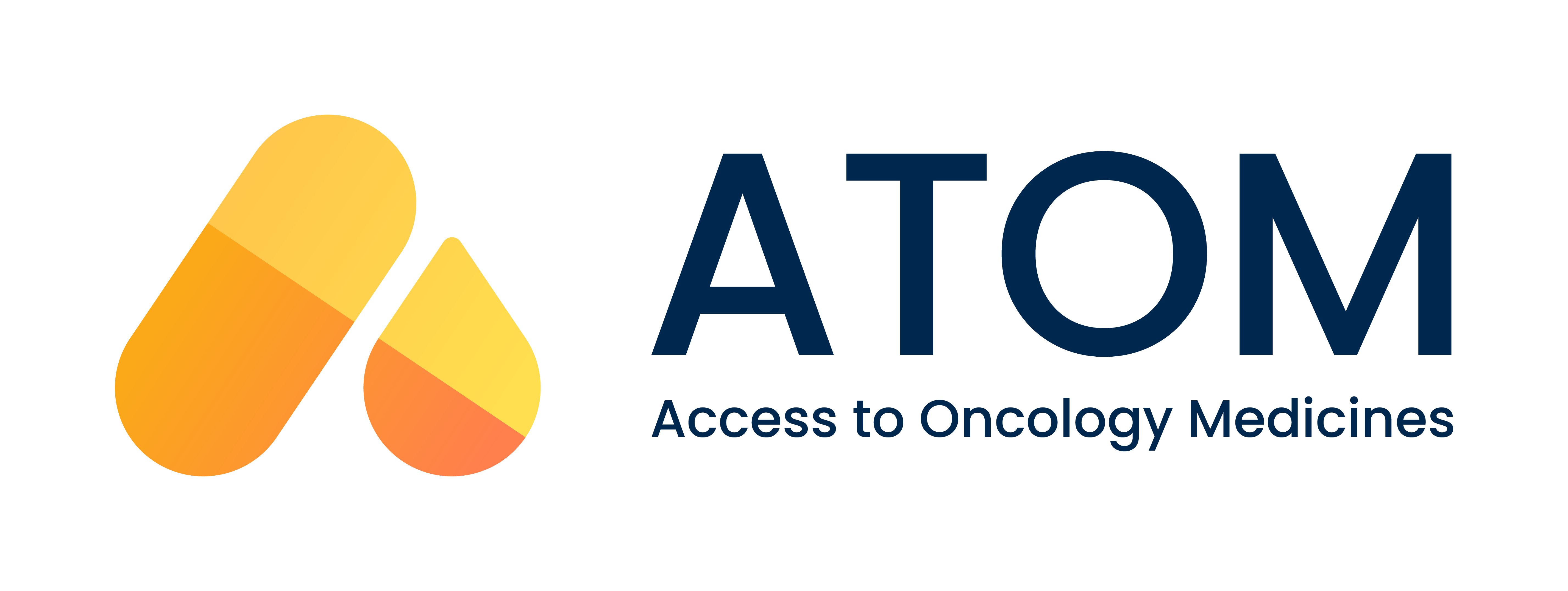About UICC
UICC's mission is to unite and support the cancer community to reduce the global cancer burden, to promote greater equity, and to ensure that cancer control continues to be a priority in the world health and development agenda.
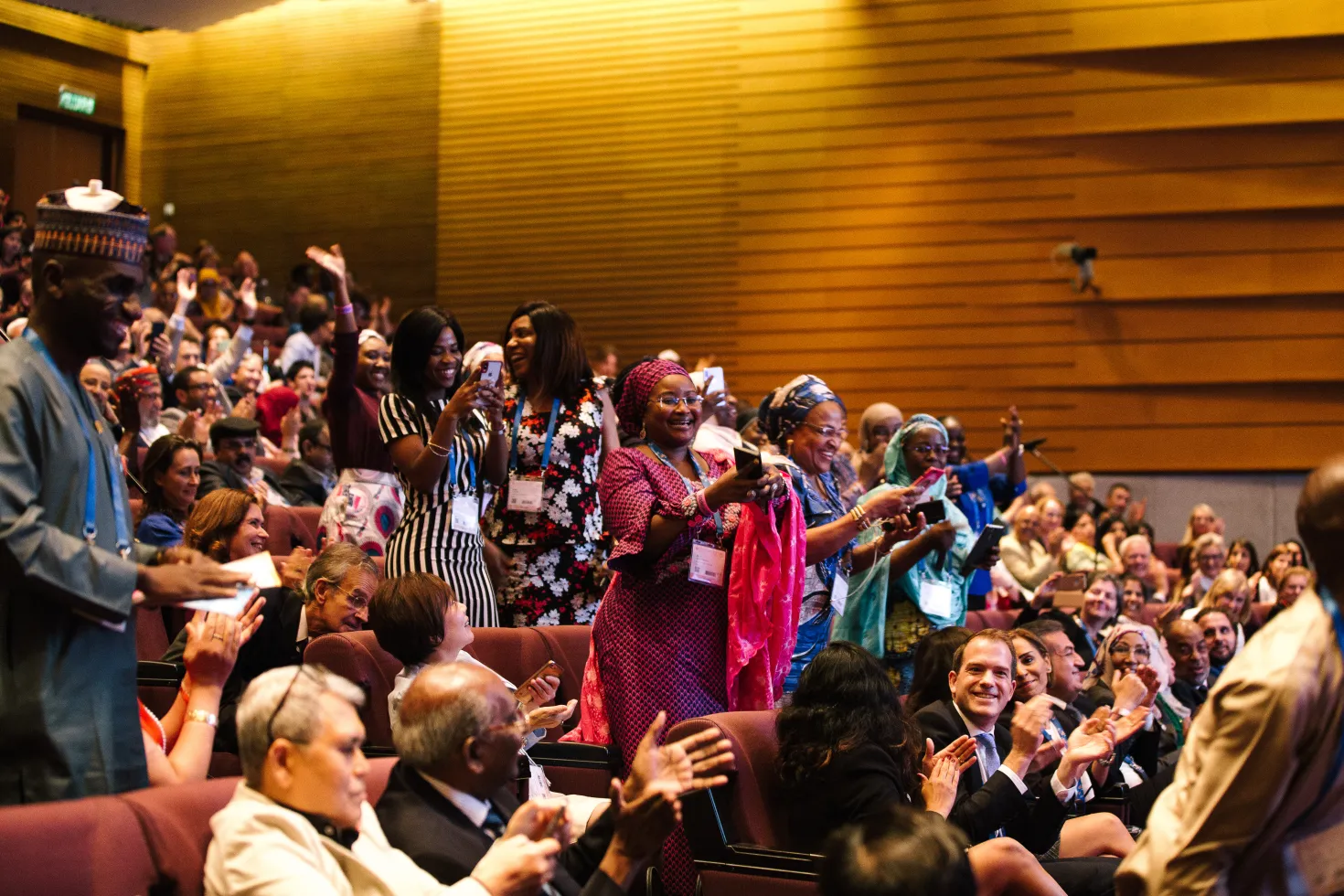
The Union for International Cancer Control (UICC) is the oldest and largest global membership organisation dedicated to taking action on cancer.
UICC's mission is both to unite and support the cancer community in its efforts to reduce the global cancer burden, promote greater equity and ensure that cancer control remains a priority on the global health and development agenda.
Founded in 1933 and based in Geneva, Switzerland, UICC has more than 1100 member organisations in over 170 countries and territories. The membership base includes the world’s major cancer leagues and societies, research institutes, treatment centres, hospitals, ministries of health, public health agencies and patient support groups.
UICC has consultative status with the United Nations Economic and Social Council (ECOSOC) and has official relations with the World Health Organization (WHO) and partnerships with the International Agency for Research on Cancer (IARC), the International Atomic Energy Agency (IAEA) and the United Nations Office on Drugs and Crime (UNODC). UICC is committed to working in partnership, and engages over 60 partners, including associations, companies and foundations, to amplify and extend its collective impact.
UICC is a founding member of the NCD Alliance, the McCabe Centre for Law & Cancer, the International Cancer Control Partnership (ICCP) and established the City Cancer Challenge Foundation in 2019 and the Access to Oncology Medicines (ATOM) Coalition in 2022.
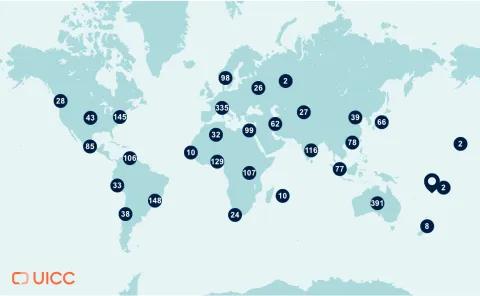
UICC has more than 1100 member organisations in over 170 countries and territories
Partnering for success
UICC has consultative status with the United Nations Economic and Social Council (ECOSOC) and has official relations with the World Health Organization (WHO) and partnerships with the International Agency for Research on Cancer (IARC), the International Atomic Energy Agency (IAEA) and the United Nations Office on Drugs and Crime (UNODC). UICC is committed to working in partnership, and engages over 60 partners, including associations, companies and foundations, to amplify and extend its collective impact.
What makes UICC unique
UICC is the only global cancer organisation representing all cancer types, across the continuum of cancer care (prevention, early detection, treatment and care, palliative care). The organisation connects the most influential health leaders, governments, civil society, policy makers and private sector through its platforms and activities.
Uniting the cancer community and creating new initiatives
UICC has reached millions of people with World Cancer Day, welcomed thousands of delegates at its World Cancer Congresses and convened top decision-makers in the health and cancer communities at its World Cancer Leaders' Summits.
Since 2009, it has launched five new organisations and initiatives:
- NCD Alliance (2009),
- McCabe Centre for Law & Cancer (2012),
- International Cancer Control Partnership (2013),
- City Cancer Challenge Foundation or C/Can (2017)
- ATOM (Access to Oncology Medicines) Coalition (2022).
Governance
UICC is governed by its member organisations. They meet in a General Assembly, which is held every two years around the World Cancer Congress.
A Board of 17 Directors, elected by full members at the General Assembly, acts as the executive body of UICC.
Science and evidence at UICC's core
- The TNM Classification of Malignant Tumours, the global standard for cancer staging, is regularly reviewed and updated by the UICC TNM Project, alongside its companion publications, the TNM Supplement and the TNM Atlas. The UICC TNM Project, together with the International Agency for Research in Cancer and the National Cancer Institute, has developed a new classification system, “Essential TNM”, which can be used notably in low-income settings to collect stage data when complete information is not available.
- The International Journal of Cancer is UICC’s official journal since 1966 and a world renowned publication in experimental, clinical and epidemiological research.
- The Manual of Clinical Oncology, published by UICC, is a concise reference that covers state-of-the-art multidisciplinary clinical oncology to meet the needs of clinicians caring for cancer patients throughout the world.
- UICC partners with the American Society of Clinical Oncology on the open-access, online-only JCO Global Oncology publication.
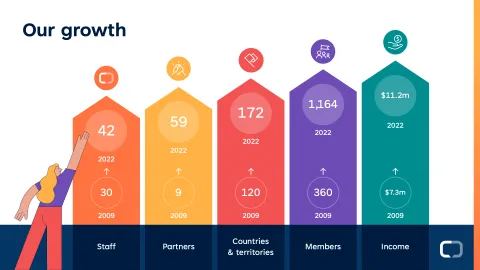
Resources about UICC


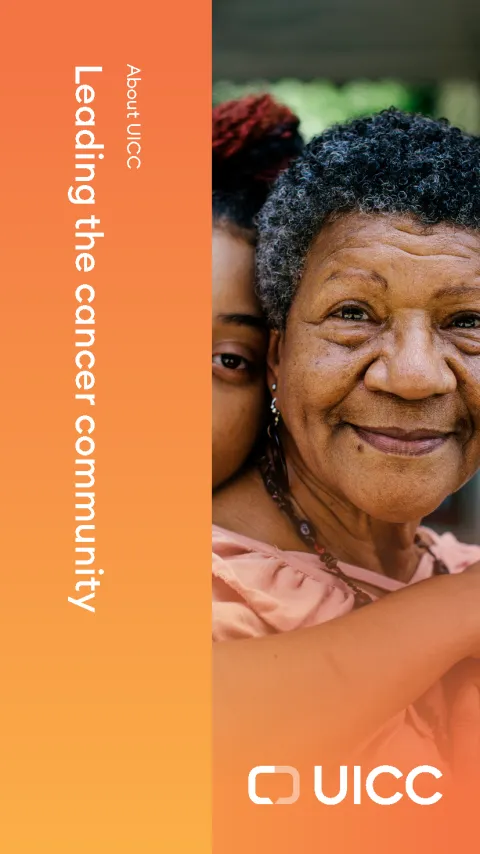
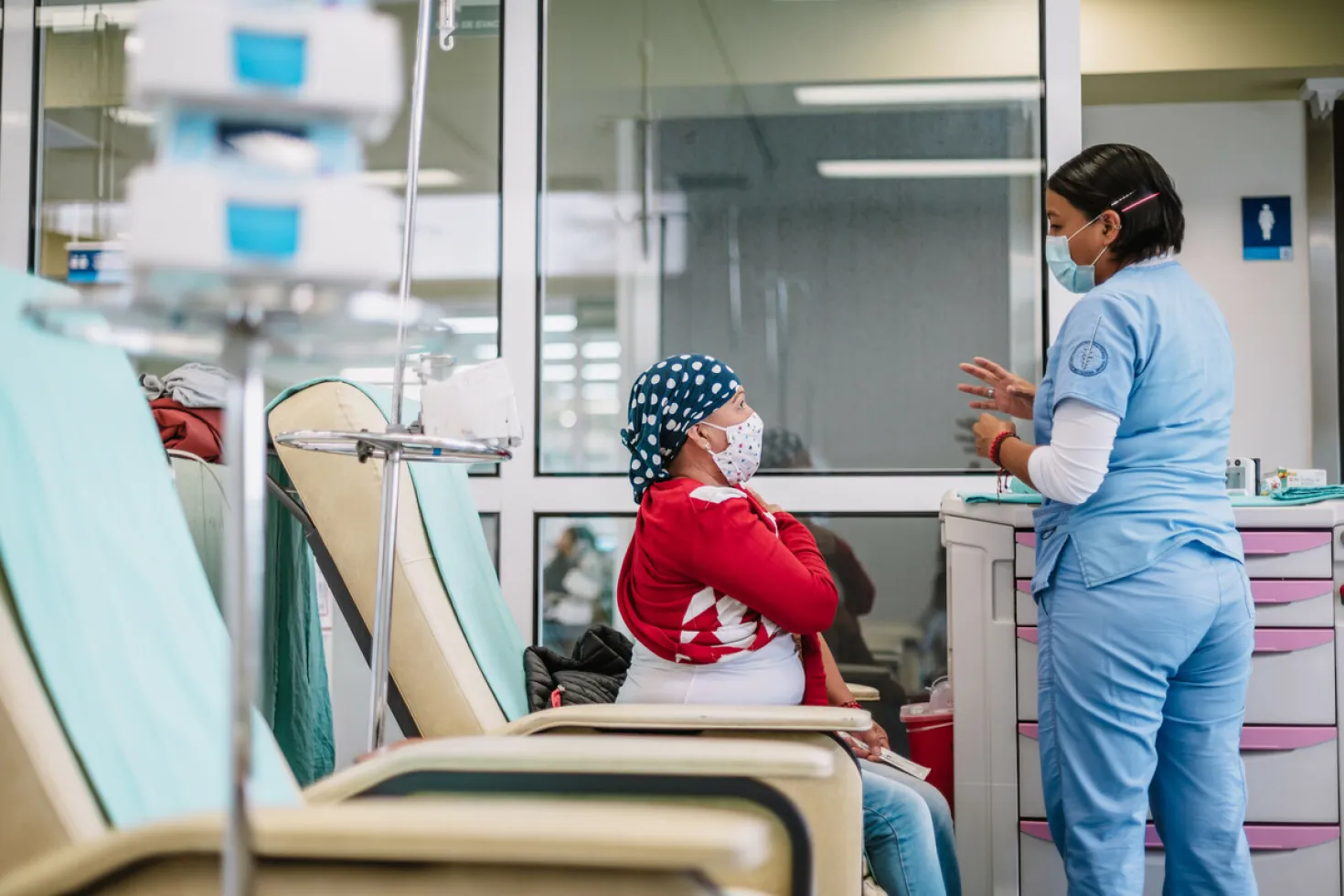
Cancer control aims to reduce the incidence, morbidity and mortality of cancer and to improve the quality of life of cancer patients in a defined population, through the systematic implementation of evidence-based interventions for prevention, early detection, diagnosis, treatment, and palliative care.
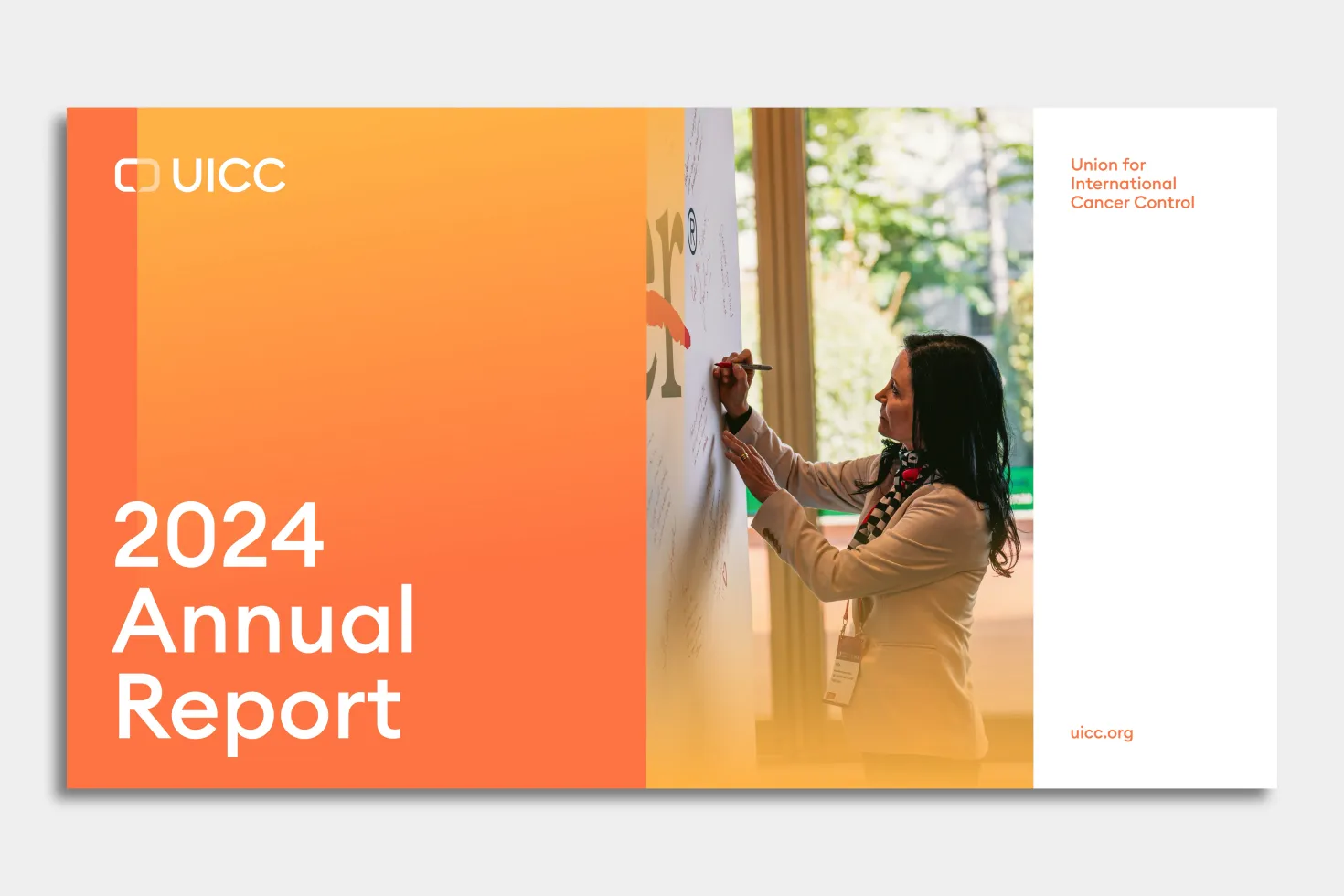
Find out more about UICC's activities by reading our annual reports.
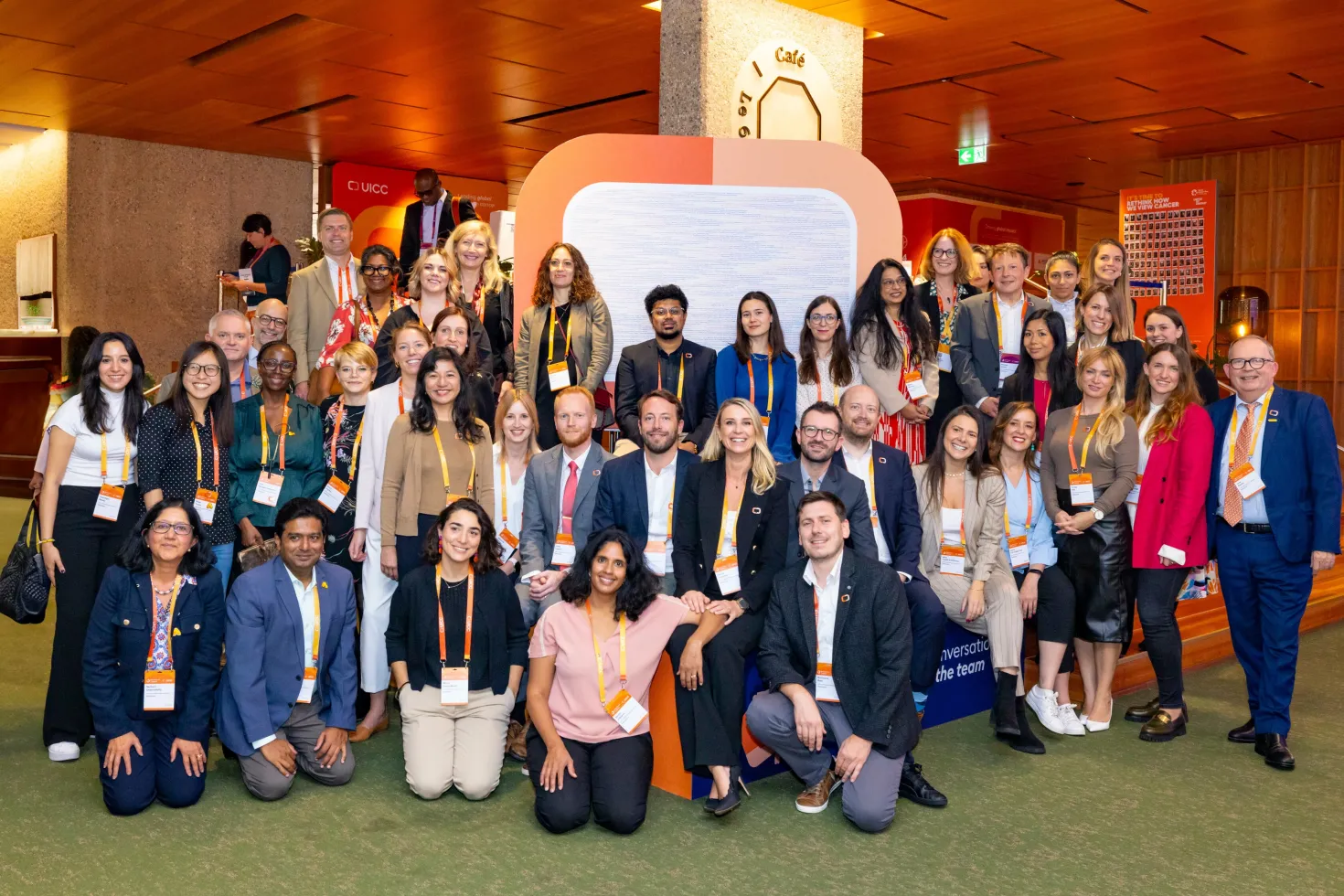
The UICC Team is composed of over 40 passionate individuals eager to make a difference in the fight against cancer.
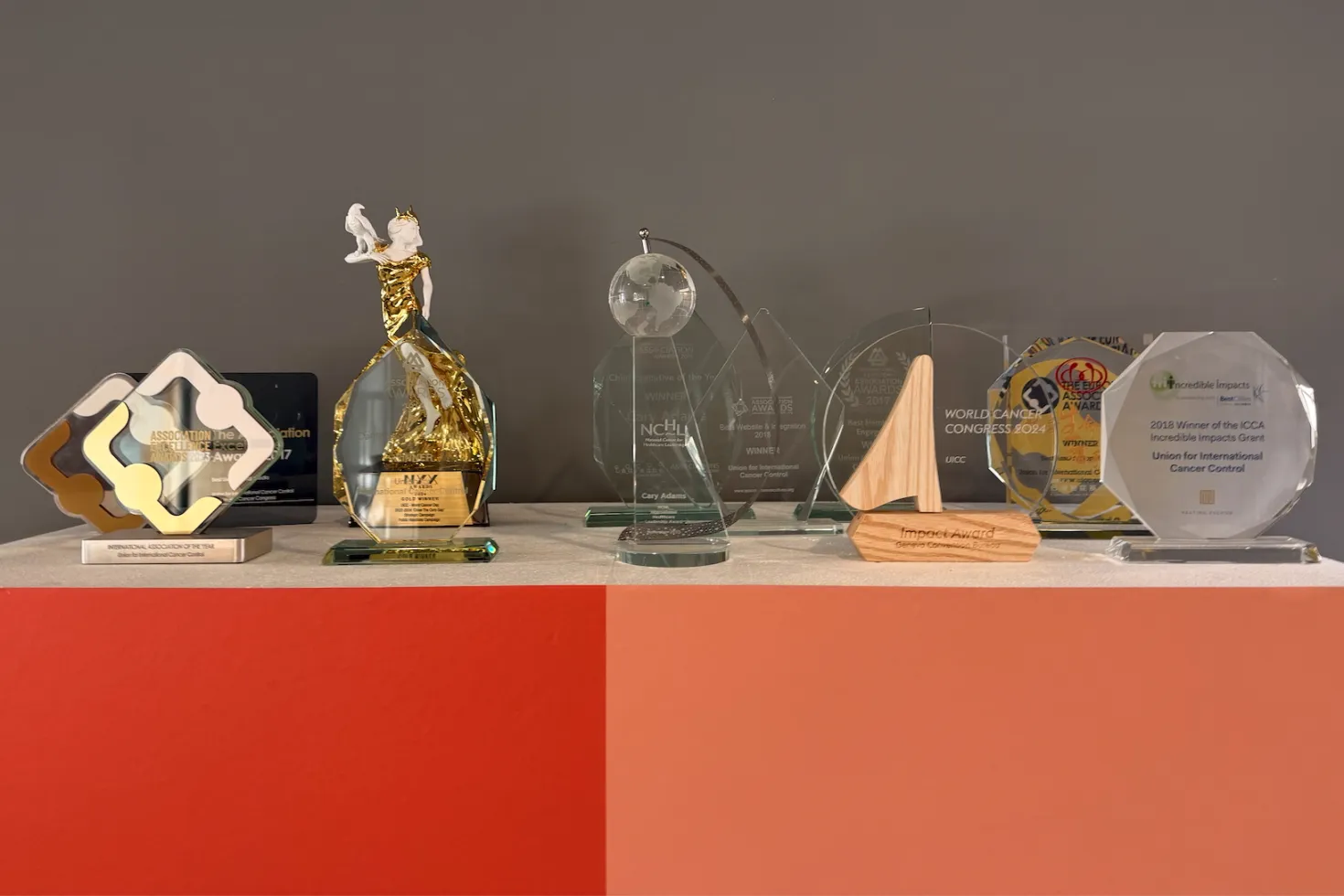
UICC has received or been shortlisted for a number of awards recognising its efforts in improving its various services to its members, partners and the general cancer community.
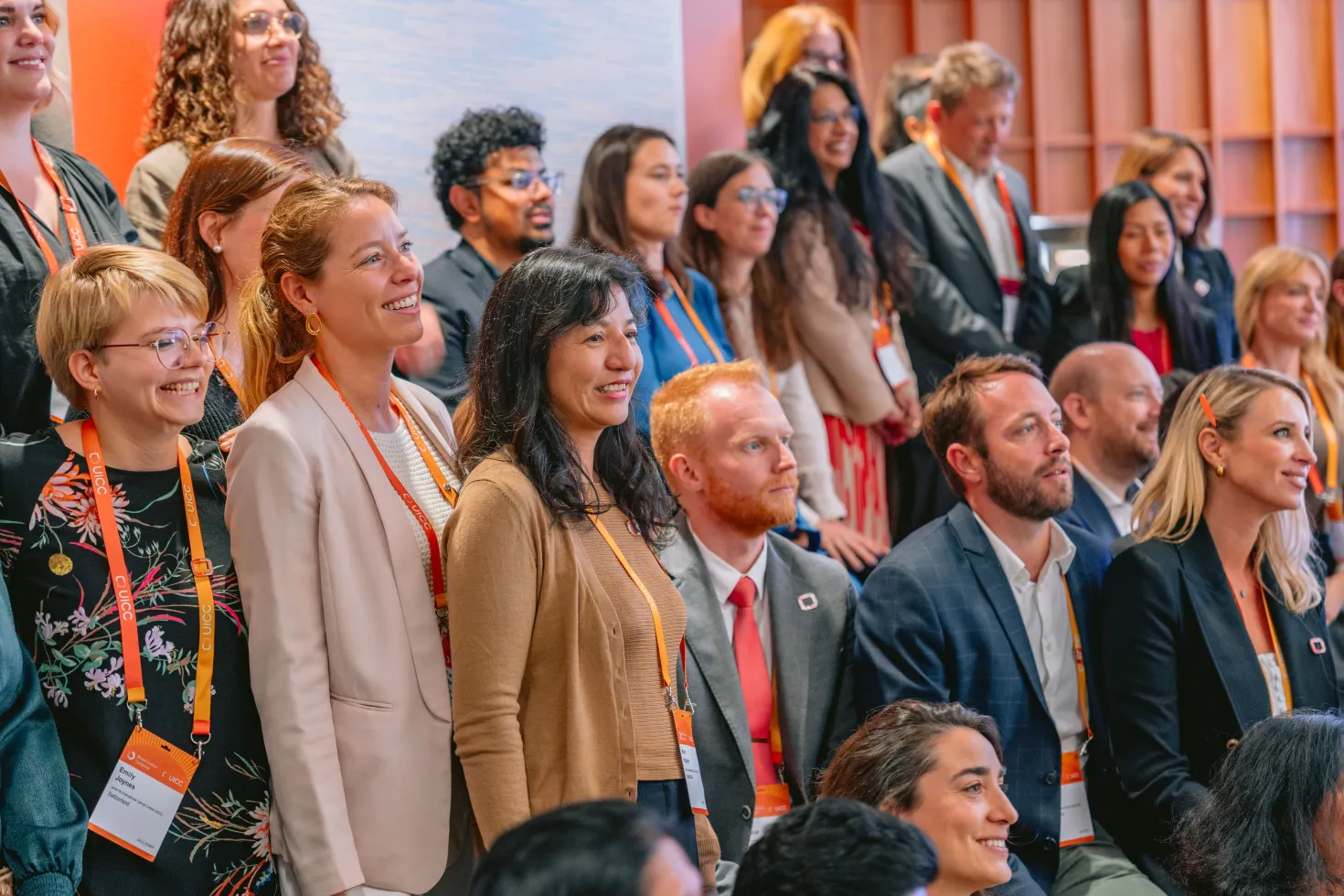
UICC plays a unique and important role in the global cancer and health communities.
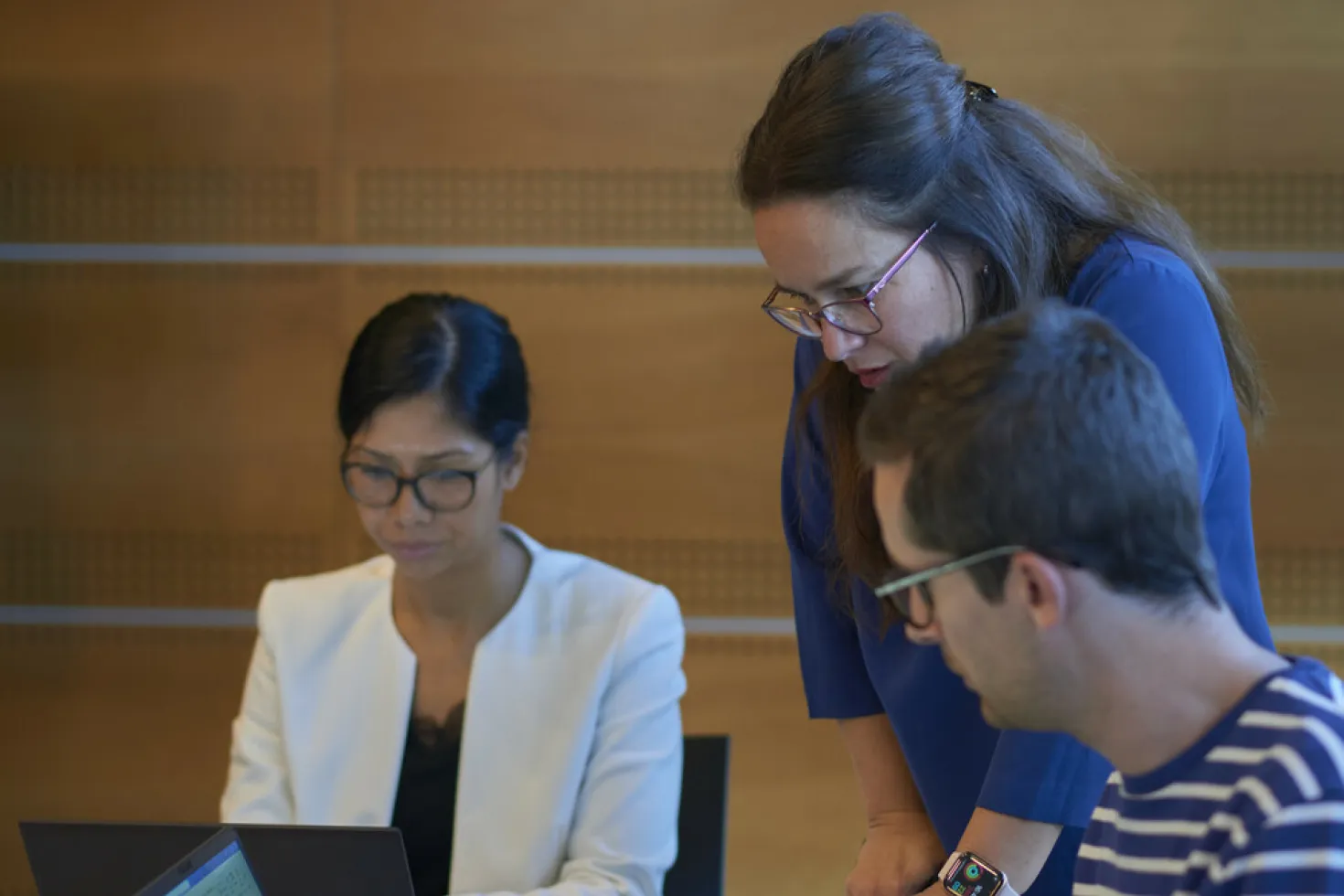
At UICC, issues of equity and gender equality in global health are embedded in the core functioning and vision of the organisation.
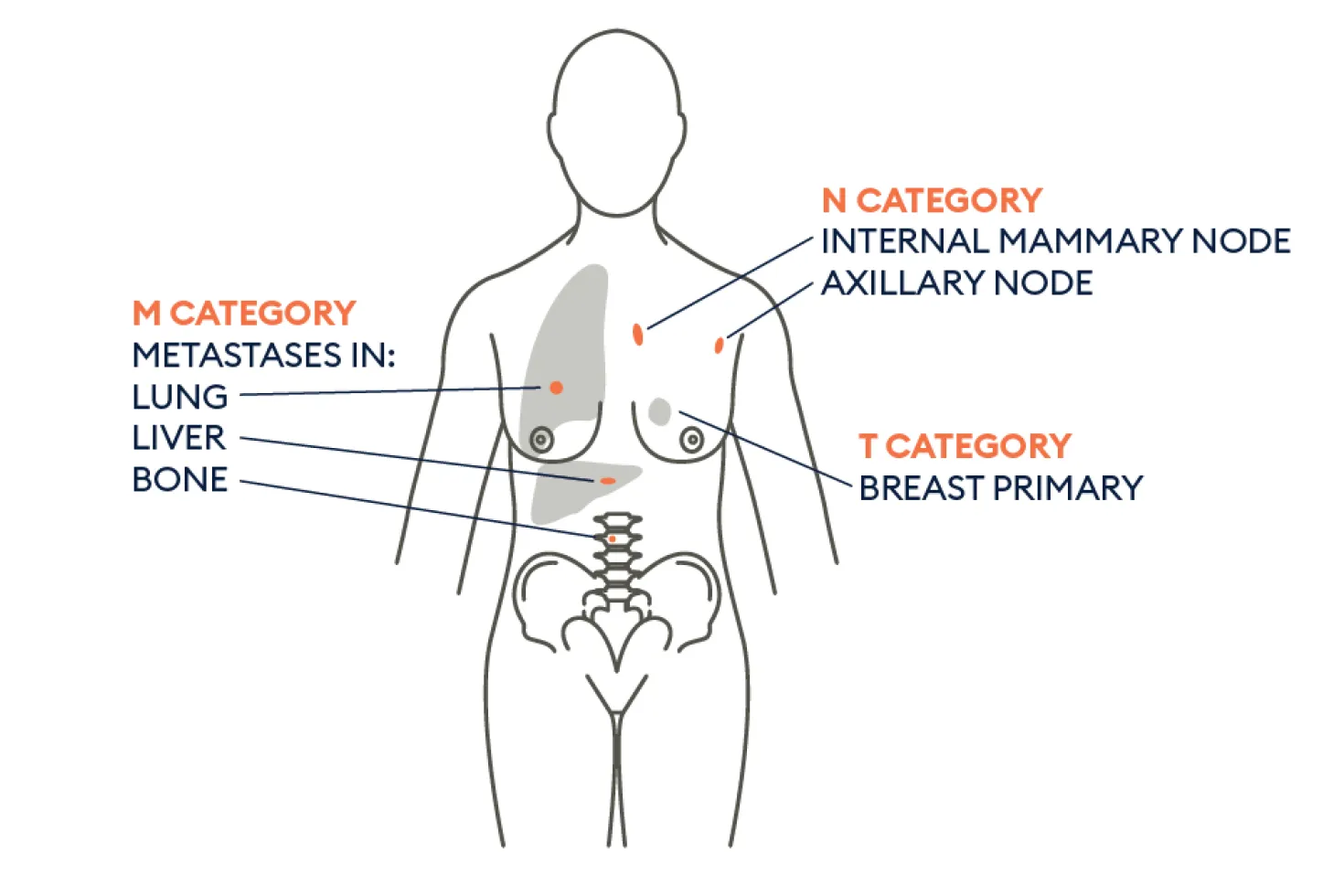
TNM (“Tumor”, “Nodes”, “Metastases”) cancer staging system is a globally recognised standard and unified system for classifying the extent of spread of cancer.
Last update
Wednesday 11 June 2025
